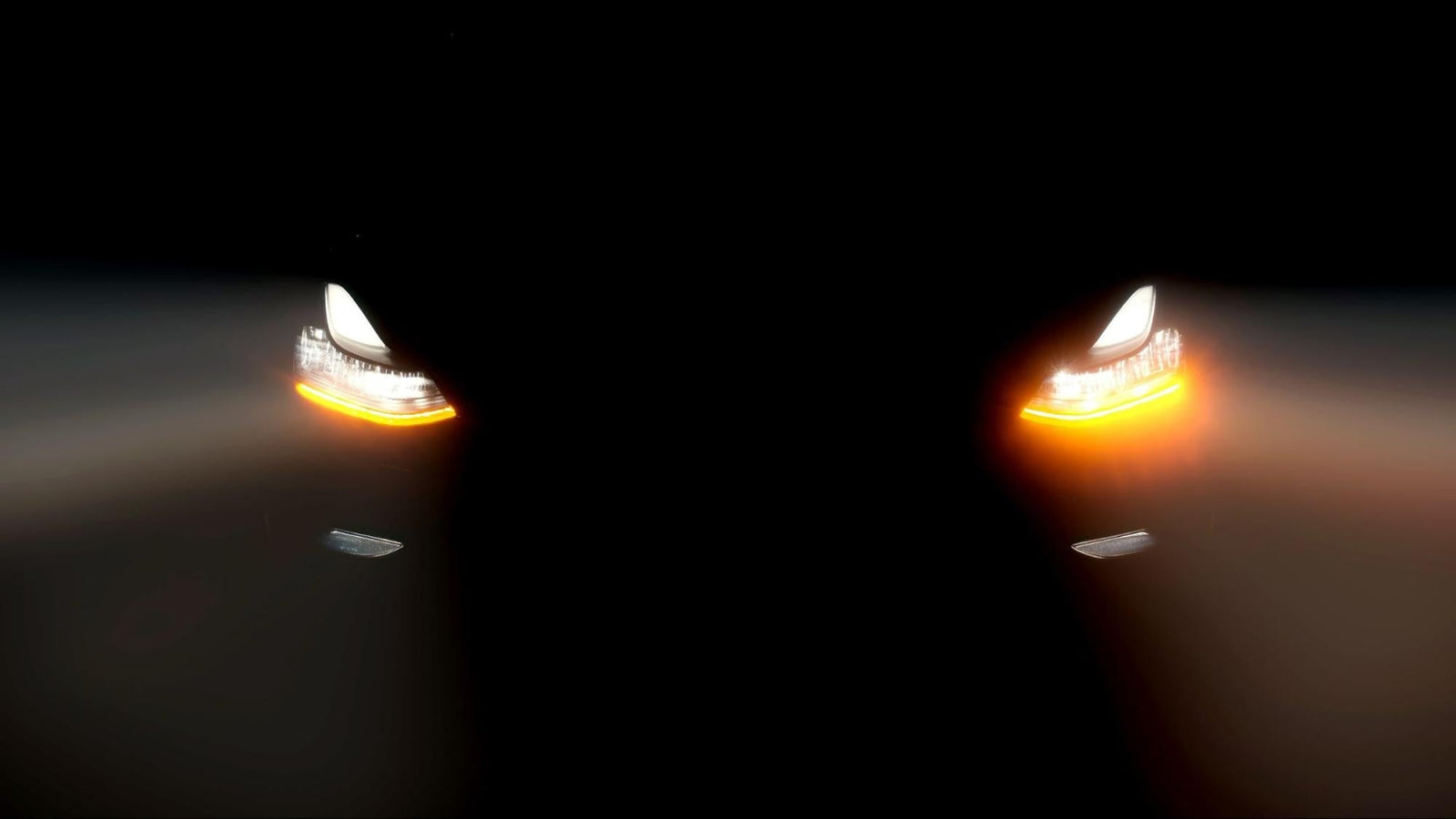We've all been there - driving along when we see another car and want to communicate something important. It could be to warn them about a speed trap ahead or let them know their high beams are on. But is flashing your headlights illegal?
In most U.S. states, flashing your headlights is legal. Courts have generally ruled it as a form of expression protected under the First Amendment, though specific regulations can vary by location.
While the basic answer seems straightforward, it's essential to keep reading because there are several specific situations where flashing your headlights could result in a ticket - and knowing these exceptions could save you from an unexpected fine.
When Is Flashing Your Headlights Considered Illegal?
While generally legal, flashing your headlights can be illegal in certain circumstances. If you flash your high beams at an oncoming vehicle at night, you could be cited for temporarily blinding other drivers, creating a dangerous situation. This is specifically prohibited in several states, including California.
Regarding speed trap warnings, legal precedent has shifted significantly in recent years. While some local jurisdictions still consider headlight flashing illegal if used to warn other drivers about speed traps or police presence, multiple court rulings have overturned such interpretations.
Another situation where headlight flashing might get you in trouble is during adverse weather conditions when visibility is already compromised. Rapid light changes could be particularly hazardous to other drivers in these cases.
What Are The Penalties For Illegal Headlight Flashing?
If you're caught illegally flashing your headlights, the consequences typically aren't severe but can still be inconvenient. Most violations result in a traffic citation with fines ranging from $50 to $200, depending on your location. These tickets are usually treated similarly to minor traffic violations, like improper signaling.
Additionally, some jurisdictions might add points to your driving record, potentially affecting your insurance rates.
Is There A Legal Way To Flash Your Headlights?
Yes, several acceptable situations exist where flashing your headlights is legal and beneficial. During daylight hours, you can flash your lights to warn others of road hazards ahead, such as accidents or debris. It's also perfectly legal to briefly flash your lights when giving right-of-way to another driver in situations like merging or at four-way stops.
Many drivers also use a quick headlight flash to thank other motorists for courteous behavior, such as letting them merge. This brief, non-aggressive communication type is generally acceptable and unlikely to result in any legal issues.
How Can You Tell If Someone Is Flashing Their Headlights At You?
Sometimes it can be tricky to distinguish between someone intentionally flashing their lights and other situations, like driving over bumps or through areas with changing lighting conditions. Generally, an intentional headlight flash will appear as one or two quick, deliberate brightening of headlights. If you see this pattern, the other driver is likely trying to communicate something.
It's worth noting that headlight flashes might be more challenging to notice during daytime hours. Pay attention to sudden or rhythmic light intensity changes from oncoming vehicles.
What Should You Do When Someone Flashes Their Headlights At You?
The appropriate response depends on the situation and context. If someone flashes their lights at you during nighttime driving, first check if your high beams are on - this is one of the most common reasons for headlight flashing. If driving during the day, be extra alert for potential hazards, such as speed traps, accidents, or road construction.
Remember to stay calm and avoid any aggressive responses. While the other driver might be trying to communicate something meaningful, maintain your focus on safe driving. If you're unsure why someone flashed their lights, proceeding cautiously and staying alert rather than making assumptions about their intentions is better.
The Bottom Line On Headlight Flashing
Now that you understand the legal aspects of headlight flashing, the best approach is to limit this practice to essential situations, like warning others about immediate road hazards during daylight hours. When in doubt, it's better to err on the side of caution and find alternative ways to communicate with other drivers, especially at night when flashing lights could create dangerous situations for everyone on the road.
Looking for high-quality emergency lights? Ultra Bright Lightz is here to keep you safe, seen, and ready to light up the night.


